Republicans cannot grasp on Charles’ letter to Kerr to oust monarchy
While the then Prince Charles made a mistake with a letter of support for his friend Sir John Kerr, it is false to suggest the royal had any role in the Dismissal.
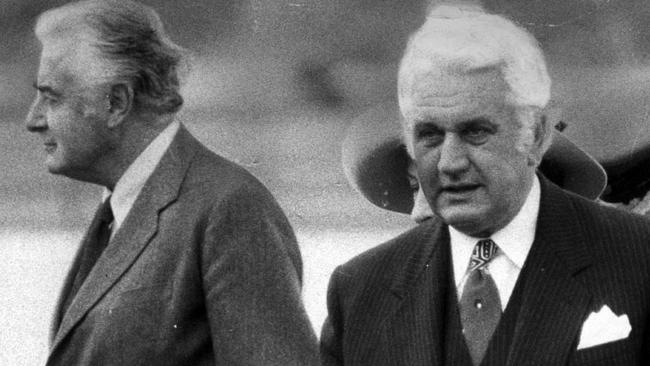
Can Australians trust their new King?
It is an absurd yet pertinent question since the reign of King Charles III will trigger a new debate about an Australian republic and, for many republicans, rejection of monarchy and distrust of the King are tied together.
Anthony Albanese, a lifelong republican, has been gracious in his comments about the King. No monarch has ascended the throne with as much knowledge of Australia as that possessed by King Charles, who has made 16 visits to this country and attended school here.
Yet the King is vulnerable on the events of 1975 when the governor-general Sir John Kerr dismissed the Whitlam government. It is inevitable that the Dismissal will be raised against the new King – and equally important to grasp that many of the claims against Charles are demonstrably false.
What is not false is that the young Prince of Wales made a serious mistake on March 27, 1976, when captaining HMS Bronington at sea. Charles hand wrote a letter of support to his friend Kerr, who was under vicious attack in Australia.
He urged Kerr not to get “depressed” or “dejected” and wrote, in relation to the Dismissal: “Please don’t lose heart. What you did last year was right and the courageous thing to do – and most Australians seemed to endorse your decision when it came to the point.”
Kerr cherished this letter from the future king.
The letter was revealed in the book The Truth of the Palace Letters published in 2020 by MUP, co-written by this author and Troy Bramston.
The letter by Charles was a mistake. He went where Queen Elizabeth II never went – and offered personal support for Kerr’s dismissal of Whitlam.
It was an unwise letter from the future monarch on a critical issue of vice-regal intervention. But it was partly understandable given his friendship and sympathy for Kerr.
But this is the only blemish on Charles’s record in the 1975 Australian crisis. As Prince of Wales, Charles had no role in the decision to dismiss the Whitlam government despite efforts made by some commentators to implicate him.
Such allegations have come from the Australian Republic Movement.
In recent years the ARM has attacked the former Queen and Buckingham Palace alleging the palace gave Kerr “the royal green light” for the Dismissal and that the palace misled the Australian public by its denials.
There has never been any evidence for these claims. They are substantiated neither by the release of correspondence between Kerr and the palace nor by any accounts from the major participants: Whitlam, Kerr, Malcolm Fraser or the Queen’s private secretary, Sir Martin Charteris.
It is true that at one stage Kerr raised dismissal contingencies with Charles during a discussion they had in Papua New Guinea in September 1975 attending the independence celebrations.
Kerr told the prince he was concerned if there was a crisis and he intended to intervene that Whitlam would approach the palace to have him recalled as governor-general.
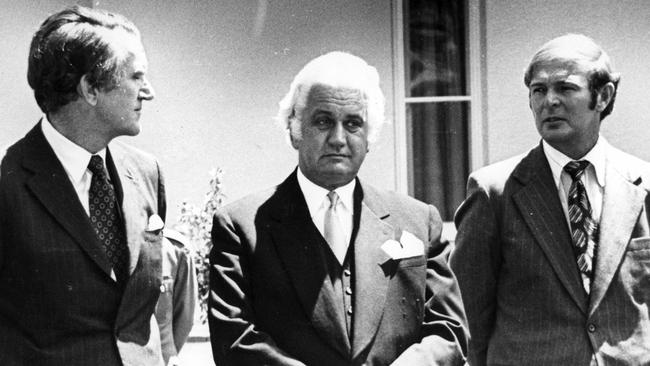
Charteris later told Kerr in a letter dated October 2 that if Whitlam advised the Queen to remove the governor-general then the Queen, as a constitutional sovereign, “would have no option” but to follow the prime minister’s advice.
Of course, the Queen would act on any advice from Whitlam. Kerr already knew that. He had long factored into his thinking that Whitlam had the constitutional power to remove him. Interviewed by this writer in June 1995, Charteris confirmed that a letter from Whitlam would have been required as formal advice and the palace would act on that advice.
The idea that Whitlam needed to put his advice in writing was routine. It did not constitute, as alleged, a plan by the palace to protect Kerr from recall.
As constitutional lawyer Anne Twomey said: “The palace’s response to Kerr is really a statement of its existing and ongoing practice.”
Suggestions there was a palace strategy to protect Kerr from recall – or that Charles was somehow implicated in such a strategy – are wrong on both counts.
There was no secret arrangement between the palace and Kerr on the dismissal. Kerr never sought any such arrangement.
In truth, as an egoist, Kerr was proud to dismiss Whitlam in his own right – it was an improper constitutional ambush where Kerr never told the palace beforehand.
The republican movement needs to permanently abandon falsehoods about the role of King Charles in our history in order to promote its cause. Untruths about Charles won’t advance the just cause of the republic.


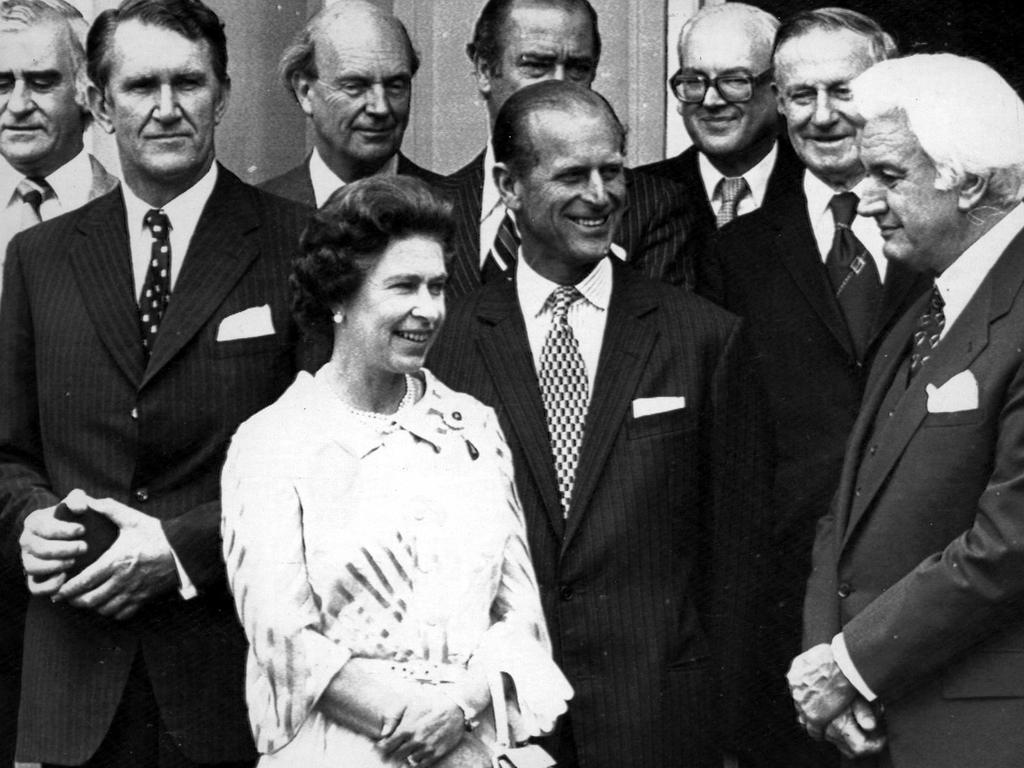
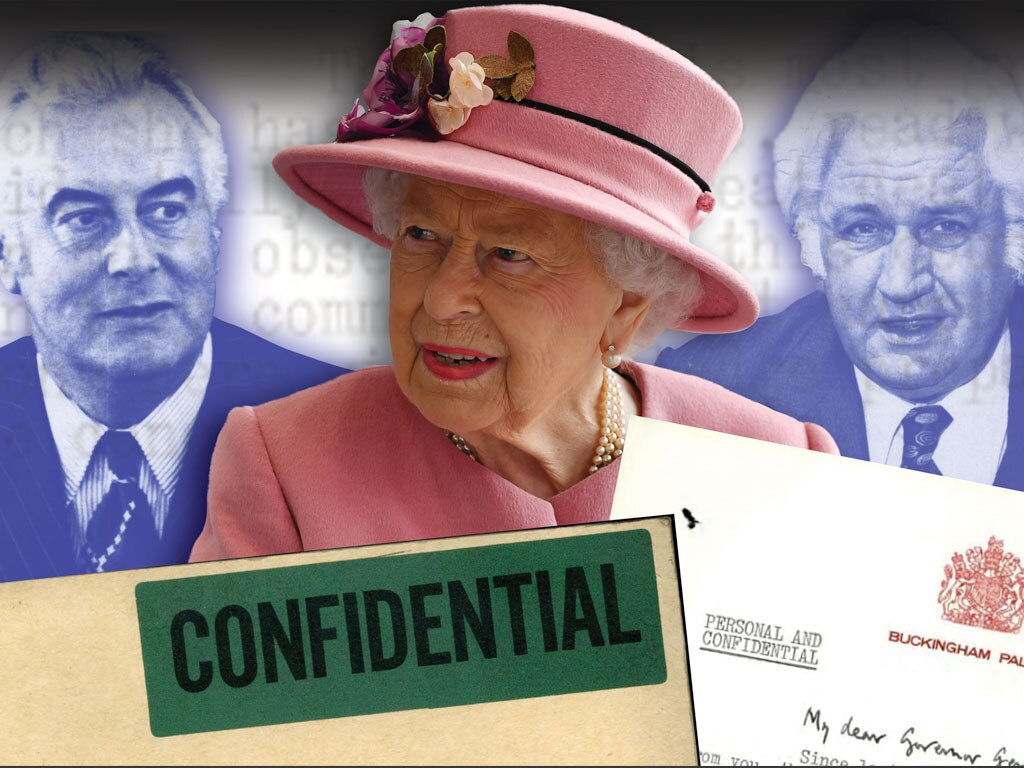
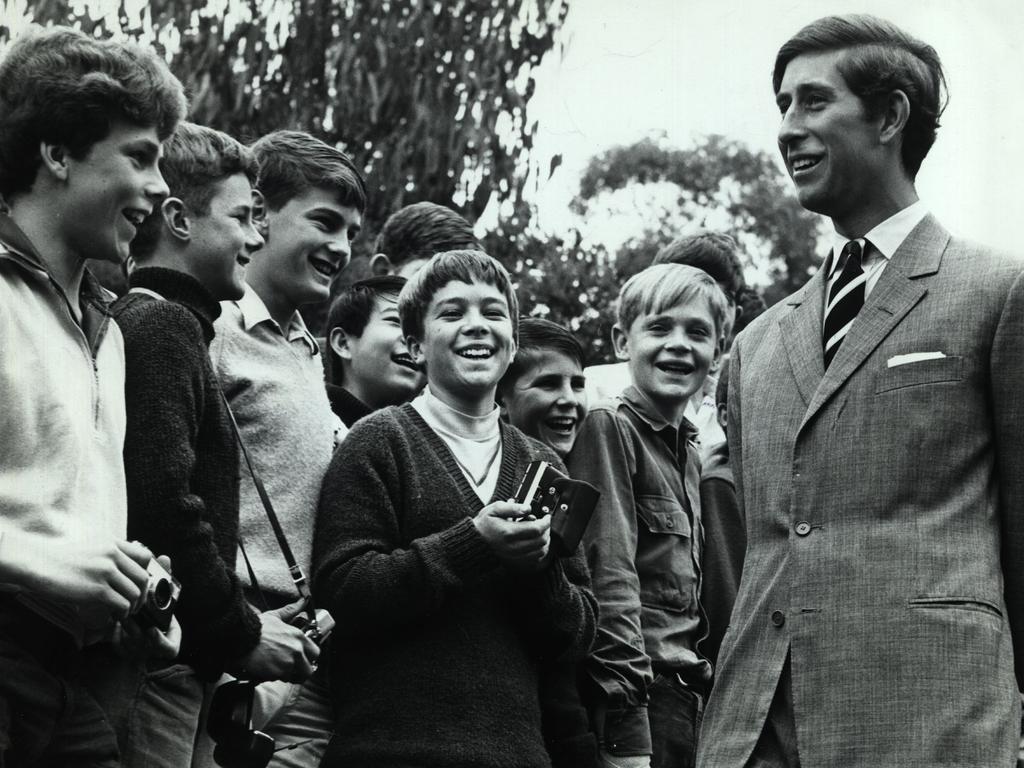



To join the conversation, please log in. Don't have an account? Register
Join the conversation, you are commenting as Logout